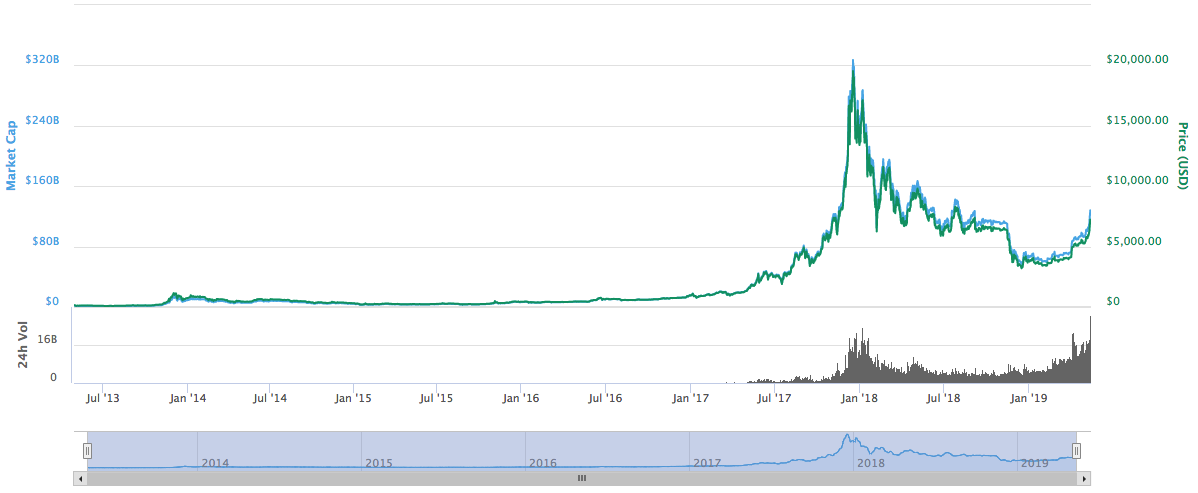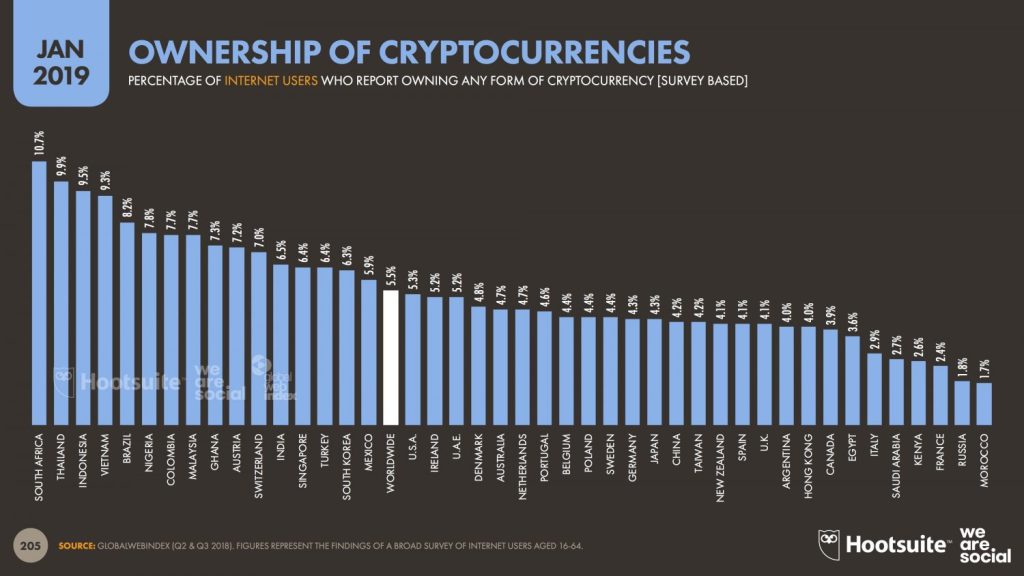Cryptocurrencies have been growing in popularity since the development of blockchain technology. We run through the key trends and what you should consider before investing in cryptocurrencies in 2019.
What is a cryptocurrency?
It is a currency independent of a country, an economy or one central bank. This 100% digital asset works like traditional currency in that it is a media of exchange. The ‘crypto’ part of the name comes from the cryptography used to keep the currency secure. The highly marketed returns attract many towards investing in cryptocurrencies. We think of the technology as new, but BitCoin has already been around for ten years.
Like any form of investment, there are pros and cons. One significant advantage is that no central authority, government or corporation has access to your funds or personal information.
In the age of Common Reporting Standards, many are tempted by cryptocurrencies to keep personal wealth and returns “off the books”, however, these are virtual currencies, and if you lose your private key or fail to back up your holding, your investment could quickly become worthless.
What are the different types of cryptocurrencies?
The most well-known cryptocurrency is Bitcoin. The majority of others are either copies, forks, or splits of the original Bitcoin. There are some, however, that distinguish themselves as “altcoins” in that they are an improved alternative to Bitcoin.
There are currently thousands of different cryptocurrencies available, which can make choosing the right investment complicated for those who don’t follow the market closely. Some of the most popular alternatives to Bitcoin are Ethereum, Litecoin, EOS, and Ripple. The aggregated market value of cryptocurrencies is estimated to be over $120 billion.
Will Bitcoin make you rich?
The age-old adage that if “something seems to be too good to be true, it probably is“, stands here. If you bought Bitcoin in 2013 and sold in January 2018, then you probably could have made a sizeable return. Conversely, if you bought in January 2018 at the height of the peak, you’re probably regretting your investment; see the chart below mapping BitCoin performance between 2013 and 2019.
Bitcoin value can vary enormously, and currently, it seems to be a high-risk investment. However, with great risk, comes the potential of eye-watering returns. We would posit that a BitCoin investment should be treated more like a lottery win; it should be money you can afford to lose and would be ecstatic about using to celebrate.

Source: https://coinmarketcap.com/currencies/bitcoin/
Key cryptocurrency trends
The popularity of crypto continues with 5% of the global population currently owning one cryptocurrency; this seems a relatively high percentage, but when compared to families owning stock in the US; 51,9% in 2016, cryptocurrencies still have a way to go.

Source: https://hootsuite.com/resources/digital-in-2019
The marketplace for cryptocurrencies changes rapidly with new currencies frequently appearing. EOS has been available for less than a year and brought in a record-breaking $4 billion in investment for its initial coin offering. As things currently stand Bitcoin remains ahead of the competition, with Ripple and Ethereum gaining in popularity in the enterprise space.
Much debate remains about the scalability of these currencies with some of them tackling the debate head-on and sharing their upgrade plans. One question around their scalability is their ability to achieve transfer speeds that will allow them to compete with the traditional players.
Recommendations
We recommend reviewing your cryptocurrency investments alongside your whole portfolio to make sure your total risk remains balanced. One of the most significant risks to this investment type is human error. There have been countless stories of lost wallet keys and fortunes. The New York Post ran a story about $60 million of lost coins.
Like any investment be sure to talk it through with your partner and, if you want your family to be able to access your investment at any point in the future, ensure you share the access codes. You should keep these securely, but it is essential to remember that without them no-one can access your wallet.
There are also several apps available that you can usefully employ to track the market.
As with any investment, we recommend thoroughly researching and following the market before deciding to invest.



